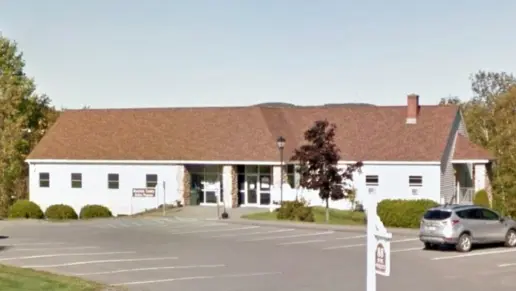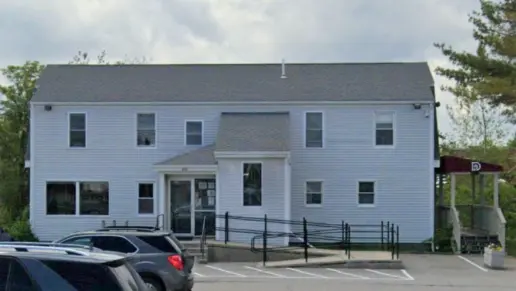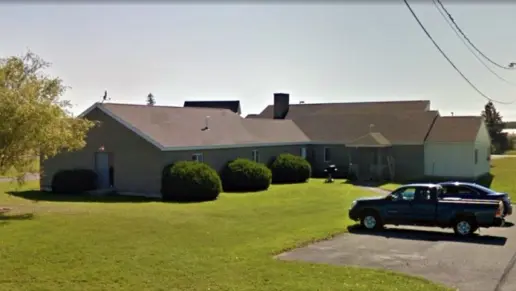About Liberty Bay Recovery Center
Liberty Bay Recovery is a substance use and mental health treatment center for adults in Portland, Maine. They have detox, inpatient, and outpatient recovery programs. The center offers medical detox for alcohol and drugs. You may also have medication assisted treatment (MAT) depending on your situation. After detox, you can go home to an outpatient program or continue to the inpatient program.
The core treatment in the inpatient program is therapy. They use cognitive behavioral therapy (CBT) and dialectical behavioral therapy (DBT). If you have a dual diagnosis (co-occurring disorder), you’ll also receive treatment for that.
Co-occurring disorders are mental health issues such as anxiety, depression, bipolar disorder, or mood disorders. It’s important to treat your mental health issues because they’re often the reason for your substance use. If appropriate, you’ll also have medication management for co-occurring disorders.
After the inpatient program (which is usually 30 to 90 days), many people choose a partial hospitalization program (PHP). This is a step down from inpatient treatment. You’ll still have a structured program with 30 hours of group counseling per week. You’ll also have weekly individual sessions with a counselor.
You can get medication assistance and medical care as needed and you’ll have a case manager. Urine and drug screening are available. You’ll also have access to meditation and yoga. The PHP is typically about 30 days but it depends on your progress. After the PHP, you may want to step down to the intensive outpatient program (IOP) if you’re not ready to be out of the program.
The IOP is a less rigorous program than the PHP. You can live at home and work and still attend the program. It offers 15 hours of group therapy per week with weekly individual sessions. You’ll have access to everything you had in the PHP such as yoga, medication, case management, and urine drug screening.
Latest Reviews
Rehab Score
Gallery
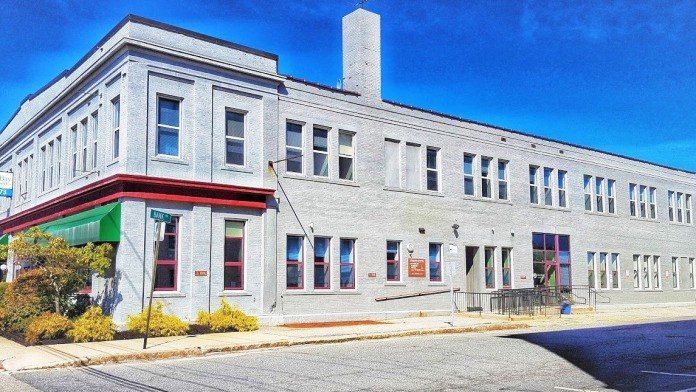
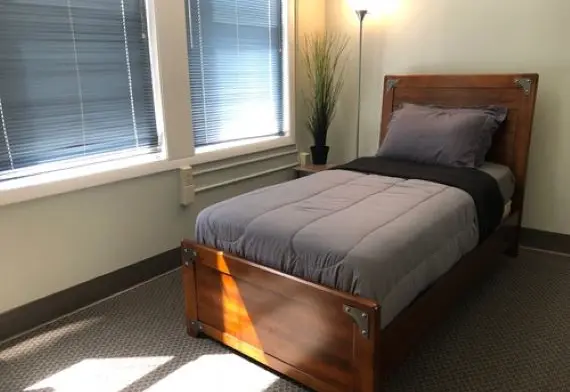
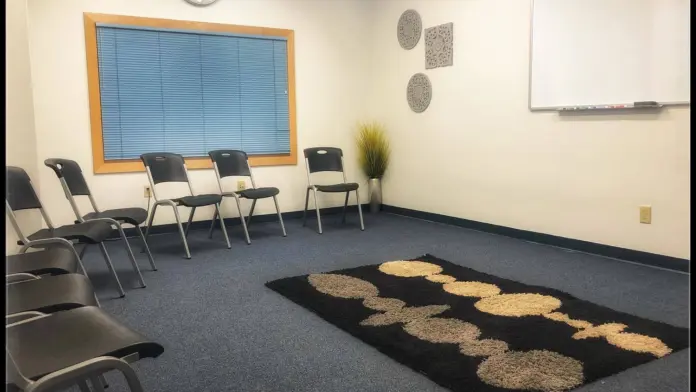
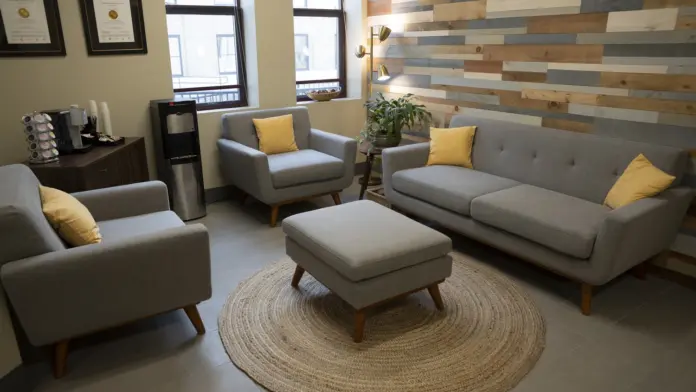
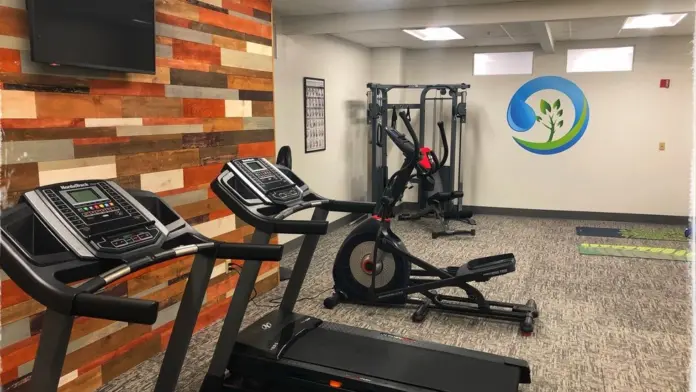
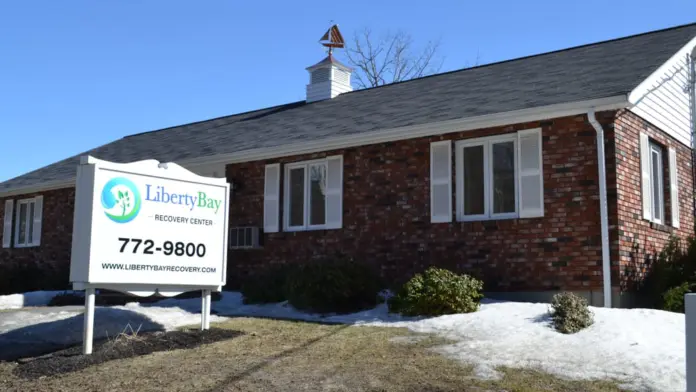
Location
Accepted Insurance
Other Forms of Payment
Self-pay involves paying for treatment out of your own pocket. You can use savings or credit, get a personal loan, or receive help from family and friends to fund your treatment. If you don't have insurance or your insurance plan doesn't cover a specific program, self-pay can help ensure you still get the care you need.
Private insurance refers to any kind of healthcare coverage that isn't from the state or federal government. This includes individual and family plans offered by an employer or purchased from the Insurance Marketplace. Every plan will have different requirements and out of pocket costs so be sure to get the full details before you start treatment.
Addiction Treatments
Levels of Care
Treatments
The goal of treatment for alcoholism is abstinence. Those with poor social support, poor motivation, or psychiatric disorders tend to relapse within a few years of treatment. For these people, success is measured by longer periods of abstinence, reduced use of alcohol, better health, and improved social functioning. Recovery and Maintenance are usually based on 12 step programs and AA meetings.
Drug rehab in Maine is the process of helping someone learn how to live without the use of substances. Professional staff provide treatment to address the various issues of addiction. Methods often involve medication, counseling, and evidence-based therapies.
Many of those suffering from addiction also suffer from mental or emotional illnesses like schizophrenia, bipolar disorder, depression, or anxiety disorders. Rehab and other substance abuse facilities treating those with a dual diagnosis or co-occurring disorder administer psychiatric treatment to address the person's mental health issue in addition to drug and alcohol rehabilitation.
A combined mental health and substance abuse rehab has the staff and resources available to handle individuals with both mental health and substance abuse issues. It can be challenging to determine where a specific symptom stems from (a mental health issue or an issue related to substance abuse), so mental health and substance abuse professionals are helpful in detangling symptoms and keeping treatment on track.
Opioid rehabs specialize in supporting those recovering from opioid addiction. They treat those suffering from addiction to illegal opioids like heroin, as well as prescription drugs like oxycodone. These centers typically combine both physical as well as mental and emotional support to help stop addiction. Physical support often includes medical detox and subsequent medical support (including medication), and mental support includes in-depth therapy to address the underlying causes of addiction.
Programs


Clinical Services
Cognitive Behavioral Therapy (CBT) is a therapy modality that focuses on the relationship between one's thoughts, feelings, and behaviors. It is used to establish and allow for healthy responses to thoughts and feelings (instead of unhealthy responses, like using drugs or alcohol). CBT has been proven effective for recovering addicts of all kinds, and is used to strengthen a patient's own self-awareness and ability to self-regulate. CBT allows individuals to monitor their own emotional state, become more adept at communicating with others, and manage stress without needing to engage in substance abuse. CBT therapy is time-tested and is scientifically proven to be an effective method of managing mental health problems.
Dialectical Behavior Therapy (DBT) is a modified form of Cognitive Behavioral Therapy (CBT), a treatment designed to help people understand and ultimately affect the relationship between their thoughts, feelings, and behaviors. DBT is often used for individuals who struggle with self-harm behaviors, such as self-mutilation (cutting) and suicidal thoughts, urges, or attempts. It has been proven clinically effective for those who struggle with out-of-control emotions and mental health illnesses like Borderline Personality Disorder. Liberty Bay Recovery is one of the nation’s few DBT programs for integrated substance abuse and mental health treatment.
Liberty Bay Recovery does not only treat an individual, but they also treat the entire family. Rebuilding the family dynamic is an essential component of their therapeutic rehabilitation approach for long-term drug and alcohol addiction treatment. Their method entails working with the individual together with their family to create functional structures that will keep them strong and healthy through recovery. The process is interactive, primarily placing emphasis on strengthening relationships, setting healthy boundaries, forming practical family roles, and building communication. Each family member will learn how to interact efficiently to honor their needs and desires.
Group therapy is any therapeutic work that happens in a group (not one-on-one). There are a number of different group therapy modalities, including support groups, experiential therapy, psycho-education, and more. Group therapy involves treatment as well as processing interaction between group members.
In individual therapy, a patient meets one-on-one with a trained psychologist or counselor. Therapy is a pivotal part of effective substance abuse treatment, as it often covers root causes of addiction, including challenges faced by the patient in their social, family, and work/school life.
Life skills trainings involve all the skills a person must have in order to function successfully in the world. These include time management, career guidance, money management, and effective communication. Truly successful addiction recovery is based on the ability to not only live substance-free, but to thrive. Life skills teaches the practical necessities of functioning in society, which sets clients up for success in life, and therefore sobriety.
Nutrition therapy, aka medical nutrition therapy (MNT), is a way of treating physical, emotional, and medical conditions through diet. Specific dietary plans are designed by professional nutritionists or registered dietitians, and patients follow them in order to positively affect their physical and mental health.
Trauma therapy addresses traumatic incidents from a client's past that are likely affecting their present-day experience. Trauma is often one of the primary triggers and potential causes of addiction, and can stem from child sexual abuse, domestic violence, having a parent with a mental illness, losing one or both parents at a young age, teenage or adult sexual assault, or any number of other factors. The purpose of trauma therapy is to allow a patient to process trauma and move through and past it, with the help of trained and compassionate mental health professionals.
Amenities
-
Private Setting
-
Private Rooms
Accreditations

The Joint Commission, formerly known as JCAHO, is a nonprofit organization that accredits rehab organizations and programs. Founded in 1951, the Joint Commision's mission is to improve the quality of patient care and demonstrating the quality of patient care.
Joint Commission Accreditation: Yes
Accreditation Number: 593465
Contact Information
343 Forest Avenue
Portland, ME 04101



